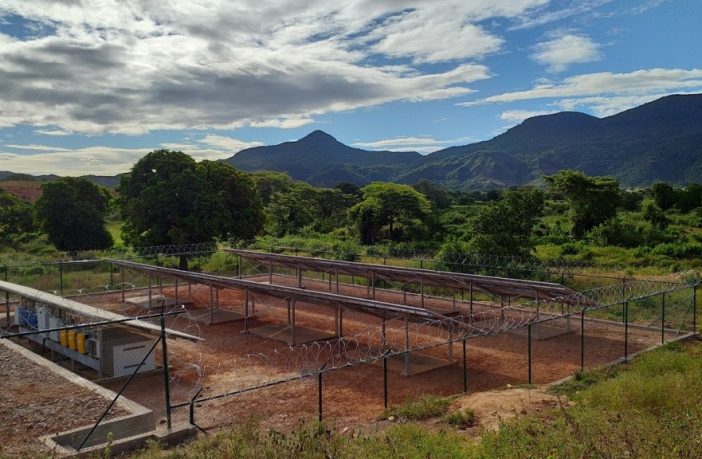- The African Development Bank Group has approved the Leveraging Energy Access Finance Framework (LEAF), under which the Bank will commit up to US$164 million to promote decentralized renewable energy in six African countries.
- The $800 million program will help spur commercial and local currency investments to scale up the activities of decentralized renewable energy companies in Ghana, Guinea, Ethiopia, Kenya, Nigeria, and Tunisia.
Under LEAF, some 18 decentralized renewable energy projects are expected to be financed, providing access to six million people and businesses, resulting in 28.8 million tonnes CO2 eq. in greenhouse gas emission reductions over the lifetime of the systems.
Many African countries still face challenges in achieving universal access to sustainable, clean, affordable and reliable electricity. According to the latest Sustainable Development Goal (SDG) 7 tracking report, close to 600 million Africans lack access to electricity. As a result of the Covid-19 crisis, the number of people without access to electricity increased again for the first time in recent years.
Scaling up decentralized renewable energy (solar home systems, green mini-grids, and solar solutions for commercial and industrial use) is crucial to achieving the SDG7 objectives and requires significant private sector and local currency financing.
The African Development Bank developed the LEAF program, in collaboration with the Green Climate Fund, which approved $170.9 million in concessional financing for it in July 2021. The framework forms part of the Bank’s broader off-grid strategy under the New Deal on Energy for Africa and complements existing initiatives, such as the Sustainable Energy Fund for Africa.
Author: Bryan Groenendaal















